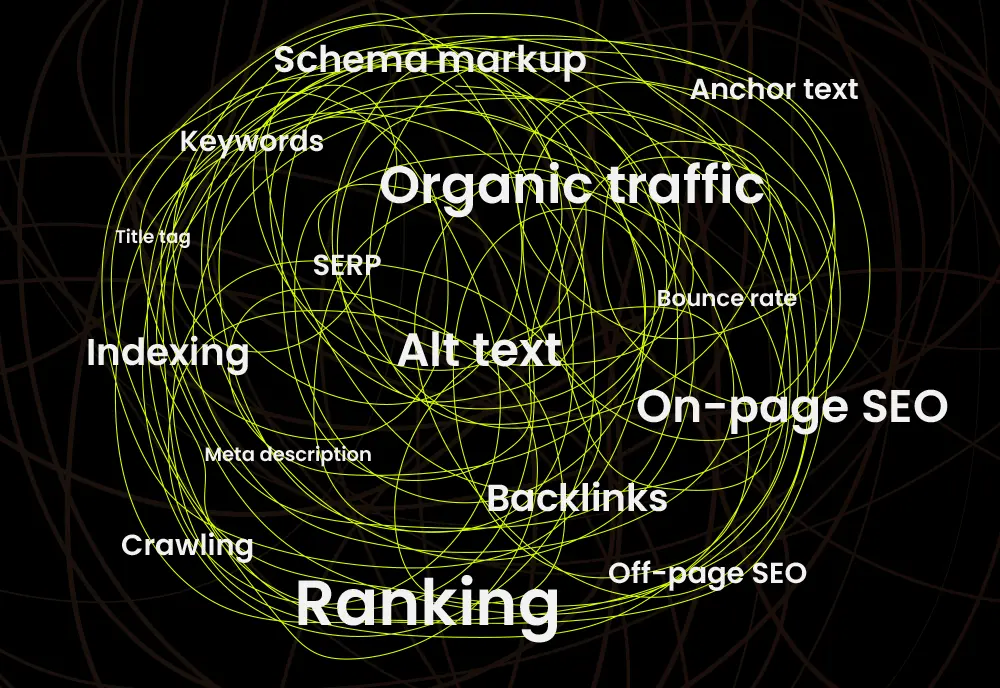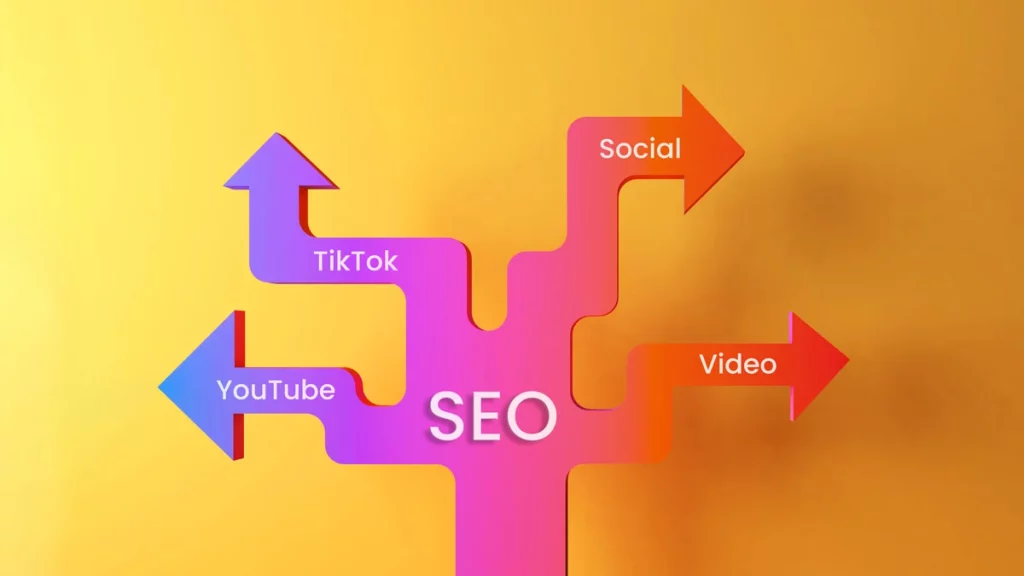Helping you to rank high on search engines with SEO
How your website ranks in search engines is a vital part of its overall performance. Our Search Engine Optimisation (SEO) will help drive organic traffic to enhance your website’s reach and potential for engagement and conversion.
What are the benefits of SEO?
A website’s success is limited by how good the search engine optimisation is. You can have a visually stunning website, but if it doesn’t function well and your user experience is poor, there’s little chance Google will rank it high on the results pages. Here are some benefits you can reap.
Increased Visibility:
Good SEO helps your website appear higher in search engine results, making it more visible to potential visitors.
Higher Organic Traffic:
Improved visibility can lead to more organic traffic. Whilst PPC and SEO should work hand-in-hand, a strong organic presence can lessen your need for paid advertising.
Improved User Experience:
SEO best practices such as optimising site speed, mobile-friendliness and easy navigation will enhance the overall user experience.
Credibility & Trust:
Higher search engine rankings are often perceived as a mark of credibility and trustworthiness, encouraging users to visit and engage with your site.
Content Optimisation:
SEO encourages the creation of high-quality, relevant content that meets the needs of your audience and improves engagement.
The above are only a handful of the benefits. But, believe us, there’s so much more to it. Why not have a chat with our team, we’ll happily talk through the importance of your website being optimised.
Elevating a school’s online presence through ongoing SEO
Whilst the school has a long-standing reputation and is well recognised within the community, their online presence didn’t reflect that same prominence. They approached us to help improve and enhance their visibility in search engines, aiming to consistently rank higher and attract more organic traffic to their website.
Our SEO checklist
Not all processes are the same, which is why we tend to refer to a checklist of best practises.
1. Keyword research
2. On-page optimisation
3. Technical website audit
4. Content creation
5. Link building
6. Reporting & analysis
Take a look at some of our recent website projects







